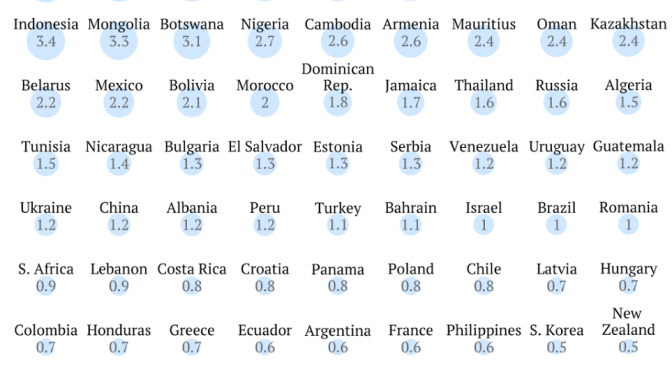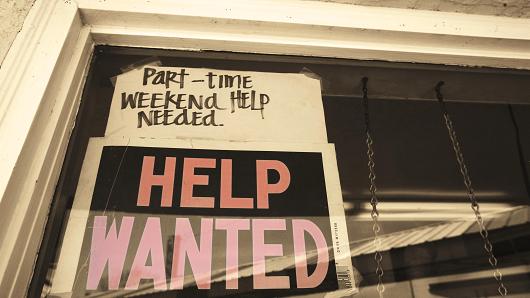“It’s a real pain,” she said. “I honestly feel they’re taking advantage of us.”
It also isn’t easy looking for work when the schedule is different from week to week.
“The day you plan to look for a job is always the day they call you in to work, and so you can’t do it,” O’Kieffe said. “It’s ridiculous.”
Is this really good for business?
Many companies that could promote part-time workers to full time are not doing it because of the soft economy. With so many people desperate for work, management has the upper hand. If one part-time worker leaves, plenty of others are ready and willing.
Experts point out that just-in-time scheduling can have a downside for companies, too.
Tita Gray, a lecturer in the College of Business Administration at San Diego State University, said part-time workers can be a good thing when a company needs help with a specific project or emergency, but can create real problems if the workers are used simply to reduce costs.
“You have high turnover costs and you don’t build employee loyalty,” she said. “You have a workforce that for the most part does not care as much about the customer. So you may save money this way, but it’s detrimental to your customer base.”
Is this the new normal?
John Challenger, CEO of
Challenger Gray & Christmas, the Chicago-based outplacement and career transitioning firm, believes we’ll see more of this.
“Companies, especially retailers, are looking for ways to bring in employees as they need them—to cover the traffic but not get caught with too many people standing around,” he said. “They want the ability to be able to staff up or down, depending on what happens.”
Challenger said there are now three levels of employment: full-time, part-time with specific shifts and on-call. And, he said, people move between them all the time.
“If you’re working as an on-call worker, you’re auditioning for a part-time or permanent job,” he said. “It’s better than an interview for a company. They can see how you work, how you fit in.”
Maybe so, but Gleason at RAP sees a darker side to the trend.
“Between being expected to have open availability, waiting by the phone for on-call shifts and being sent home early, retail workers are getting shortchanged by this industry,” she said.























Recent Comments